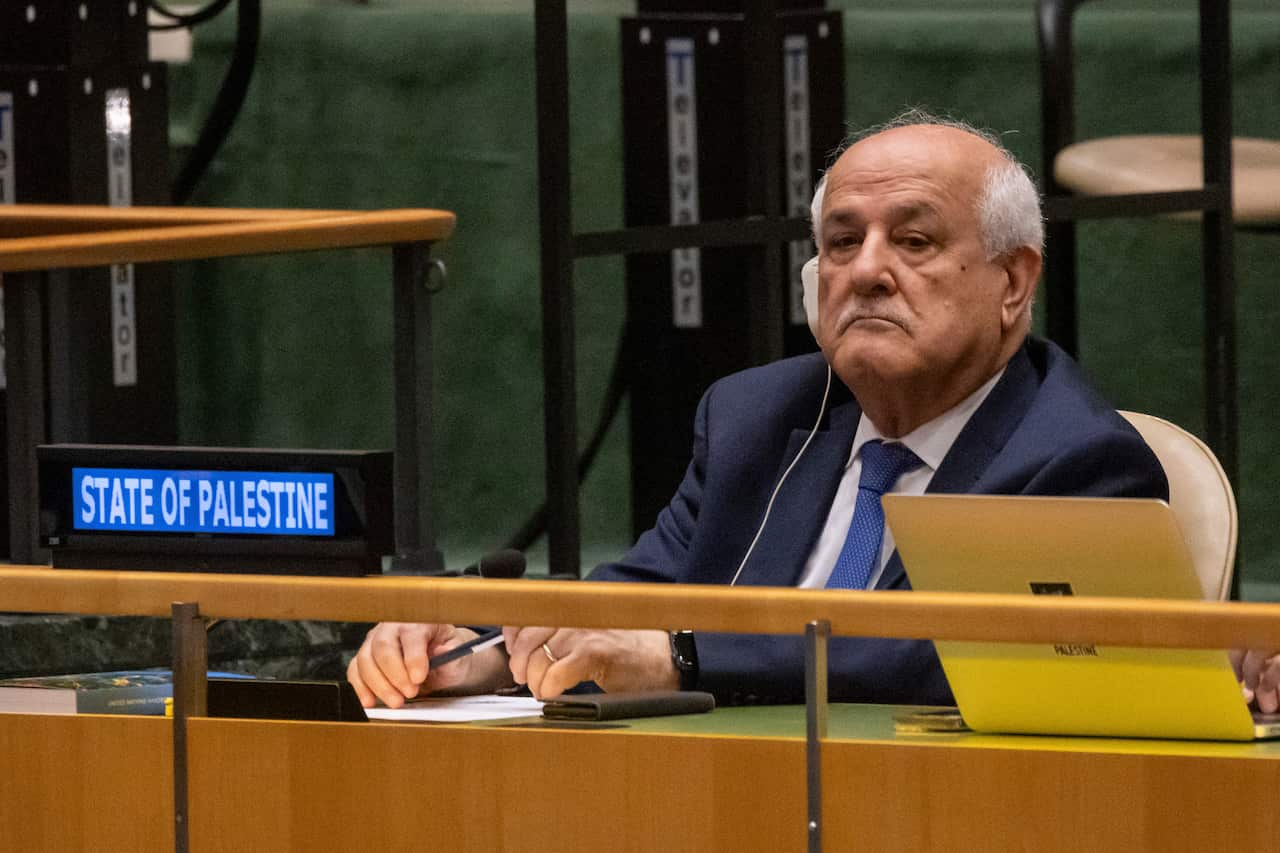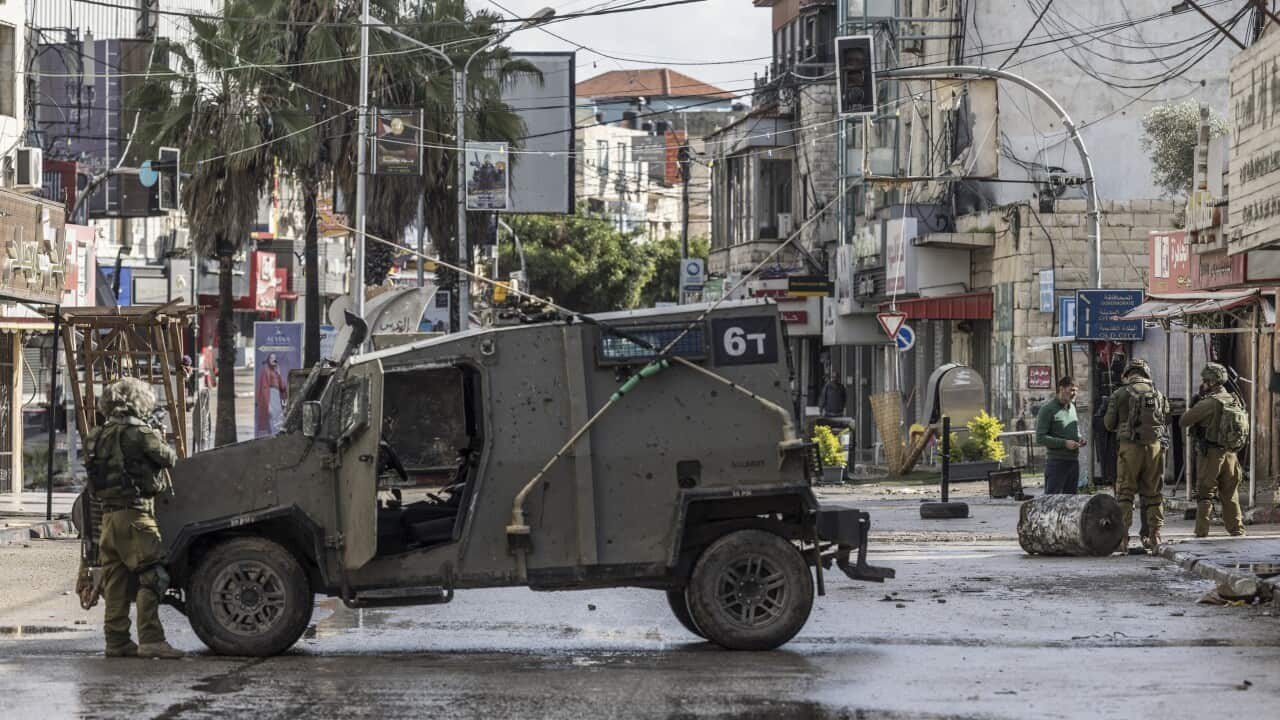Australia will soon vote, along with the rest of the United Nations General Assembly, on a Palestinian-drafted resolution demanding Israel put an end to its “unlawful presence” in Gaza and the West Bank within 12 months.
The UN General Assembly vote is set to occur in the early hours of Thursday morning (AEST).
While Australia has not yet confirmed its position on the motion, it has been reported that the Albanese government has been working with “like-minded countries” to soften the language used in the resolution.
The United States has reportedly been urging its allies to vote against the motion or abstain. The US ambassador to the UN, Linda Thomas-Greenfield, has condemned the draft resolution as “inflammatory” and argued it would not help achieve peace.
Opposition foreign affairs spokesperson Simon Birmingham has called for the Albanese government to reject the motion, calling it “one-sided” in an interview with Sky News on Tuesday, as it fails to condemn Hamas.
The Greens and the Palestinian envoy in Australia, Izzat Abdulhadi, have called on Australia to support the motion.
Abdulhadi said supporting the non-binding resolution would be in line with the opinion of the UN’s top court, the International Court of Justice, which the federal government said it respected.
The assembly — composed of 193 members — will be voting on the new resolution as the one-year anniversary of the war in Gaza draws closer.
Hamas-led militants killed some 1,200 people during its October 7 attack on Israel, taking around 250 hostages.
The Israeli military’s retaliatory assault on Gaza has killed more than 41,000 people, according to the enclave’s health ministry.
The Palestinian ambassador to the UN, Riyad Mansour, opened an assembly meeting on Tuesday demanding an end to Israel’s occupation, saying that his people are facing an “existential threat”.
Israel’s ambassador to the UN, Danny Danon, pressed other member nations to reject the resolution, as it fails to mention the atrocities inflicted by Hamas in its October 7 attack on Israel, calling it “an attempt to destroy Israel through diplomatic terrorism”.
Riyad Mansour, the Palestinian ambassador to the United Nations, said his people faced an “existential threat” and urged member states to vote in favour of the resolution. Source: AAP / Yuki Iwamura/AP
What does the resolution state?
Israel has occupied Palestinian territories — the Gaza Strip and the West Bank (including East Jerusalem) — since the 1967 Arab-Israeli war.
In 2005, Israel ended its permanent military presence in Gaza, withdrawing its troops and dismantling its settlements.
However, the enclave has remained under a land, air and sea blockade by Israel since 2007, and Israel is still considered to be the occupying power under international law.
The UN considers both Gaza and the West Bank to still be under Israeli occupation, which Israel rejects.
In July, the UN’s highest court, the International Court of Justice, said Israel’s occupation of Palestinian territories was illegal and should be withdrawn as soon as possible.
The resolution calls for the implementation of the ICJ ruling — that is, for Israel to withdraw from Gaza and the West Bank, no later than 12 months after it is adopted.
The resolution also highlights that the ICJ — also known as the World Court — determined that Israel is obligated to cease all new settlement activities and make reparations for damages, and that all states and international organisations are bound to recognise the illegality of the occupation.
According to the text, Israel’s “presence in the occupied Palestinian territory [is] unlawful” and is an “abuse of [Israel’s] status as the occupying power”.
Although neither the ICJ’s advisory opinion nor the resolution would be legally binding if adopted, the amount of support it gets will reflect how the world perceives the conflict.
In order to pass the draft resolution, a two-thirds majority of those present in the assembly and voting are needed.
With additional reporting by the Australian Associated Press

